Aid to Ukraine is becoming a challenge within German Chancellor Olaf Scholz's government, while Britain recently revealed new plans related to Kiev.
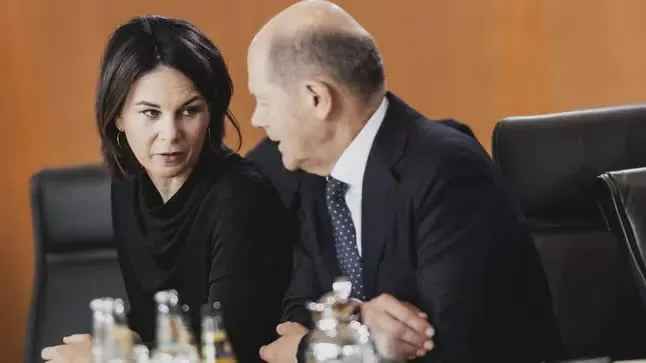 |
| Foreign Minister Annalena Baerbock (left) and Chancellor Olaf Scholz are coalition partners in Germany's minority government . (Source: IMAGO) |
German officials are pushing for a 3 billion euro ($3.09 billion) aid package for Ukraine ahead of Germany’s national election on Feb. 23. If approved, the aid would be the largest ever from any European ally.
However, according to Politico , Chancellor Scholz said he would only support the aid package if it was paid for with new loans - a controversial demand in German politics, which risks making the possibility of the package passing quickly more difficult.
In an interview published by Politico on January 17, German Foreign Minister Annalena Baerbock, who has been a strong proponent of the aid package, said: "Germany in general is not seen as a driving force for peace policy in Europe and frankly, that hurts me."
“Even now, during the election campaign, some people still prioritize national views or quickly win some votes in parliamentary elections instead of taking real responsibility for ensuring peace and freedom in Europe,” the foreign minister stressed.
Ms Baerbock has repeatedly voiced concerns about Germany's cautious approach to aid to Ukraine, arguing that her government is losing the trust of European allies.
Responsible politics means not going with the flow and then acting against it during election campaigns, she said, noting that Mr Scholz's behaviour also damaged the trust of European allies in Germany.
Ms Baerbock's Greens and Mr Scholz's Social Democrats (SPD) are currently partners in a minority government after the ruling coalition collapsed in November, but both parties are also competing in a snap election on 23 February.
Germany, the second-largest provider of financial and military aid to Ukraine after the United States, is also struggling with a double-digit budget deficit amid an economic slowdown.
Meanwhile, another European ally, Britain, recently announced that it will study options for building defense infrastructure in Ukraine.
British Prime Minister Keir Starmer made a surprise visit to Ukraine on January 16 and signed a 100-year partnership agreement to deepen relations between the two countries.
In a joint statement between the two countries, released by the British government, it said: "The parties will explore options for deploying and maintaining defence infrastructure in Ukraine, including military bases, logistics depots, reserve military equipment storage facilities and war reserves."
Source: https://baoquocte.vn/ukraine-issue-when-prime-minister-duc-and-foreign-minister-duc-anh-bat-mi-ke-hoach-moi-voi-kiev-301244.html


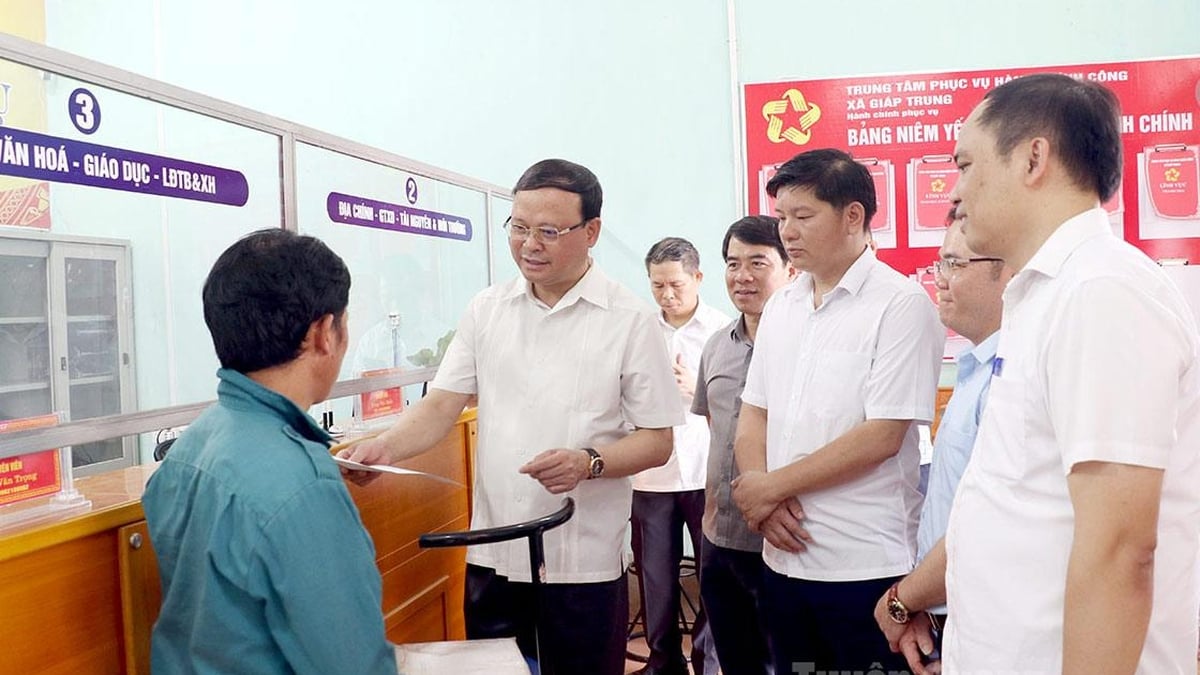



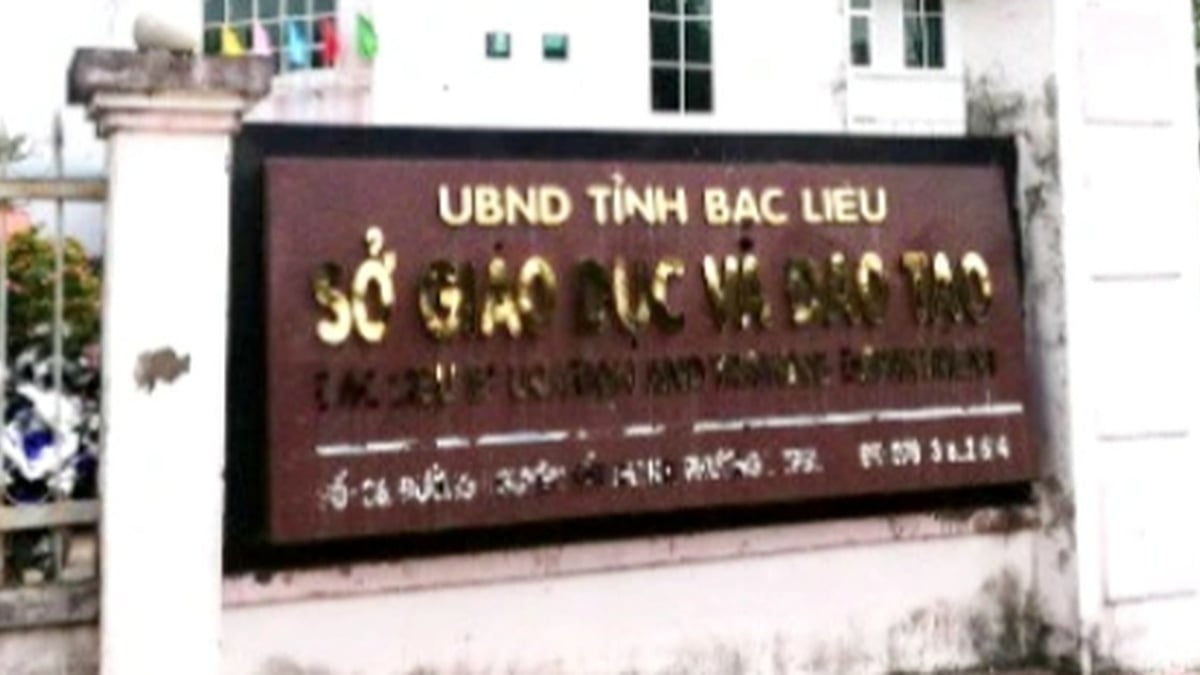

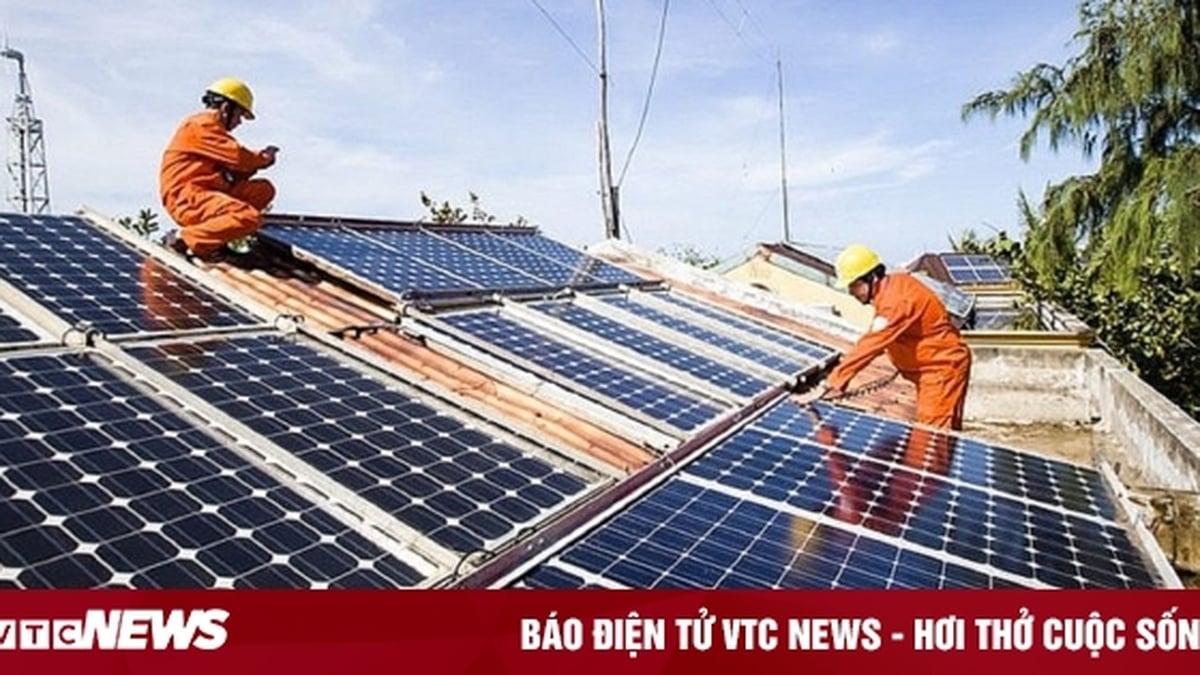
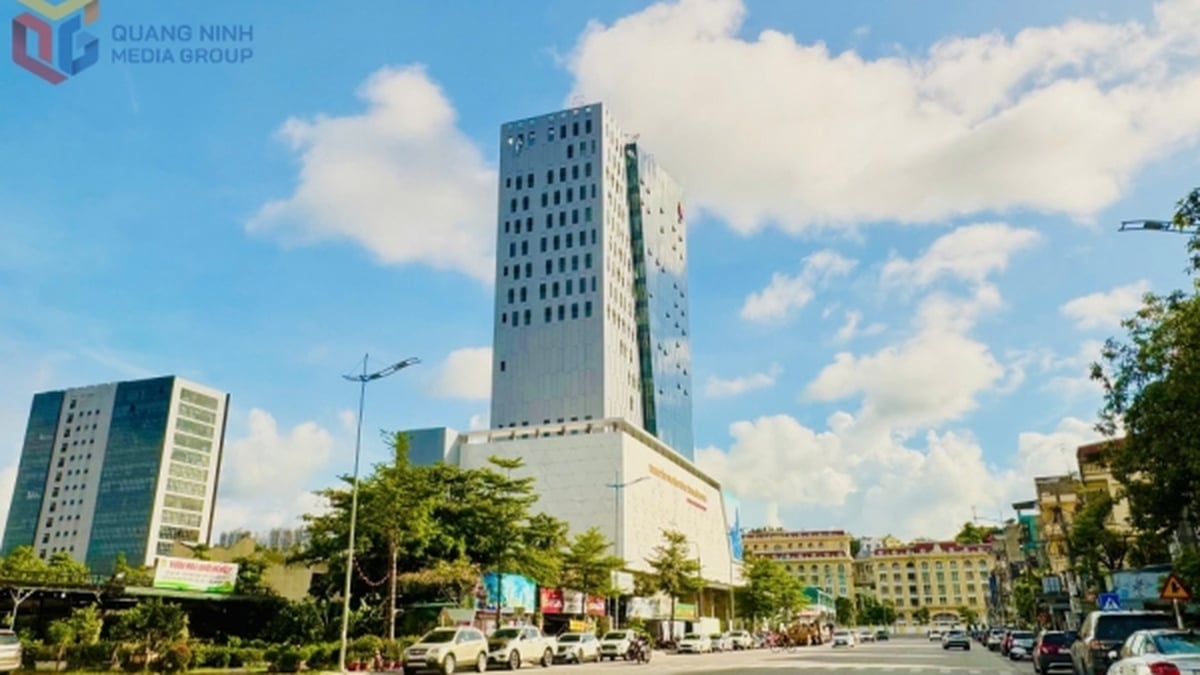

























































































Comment (0)